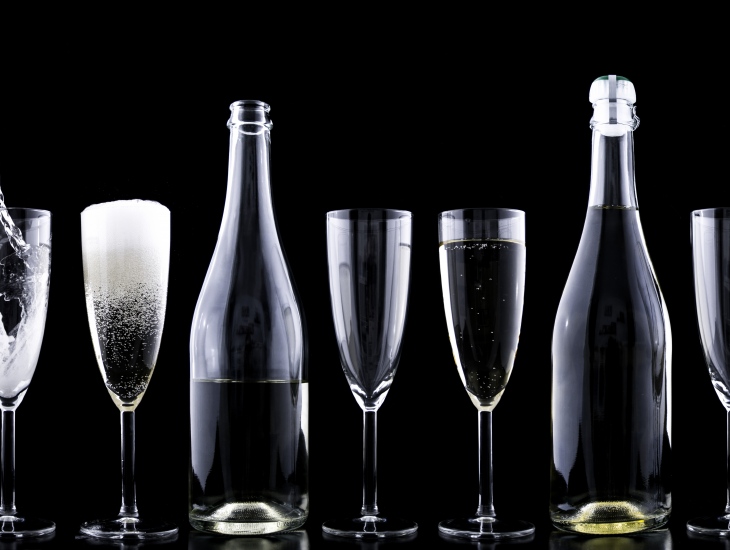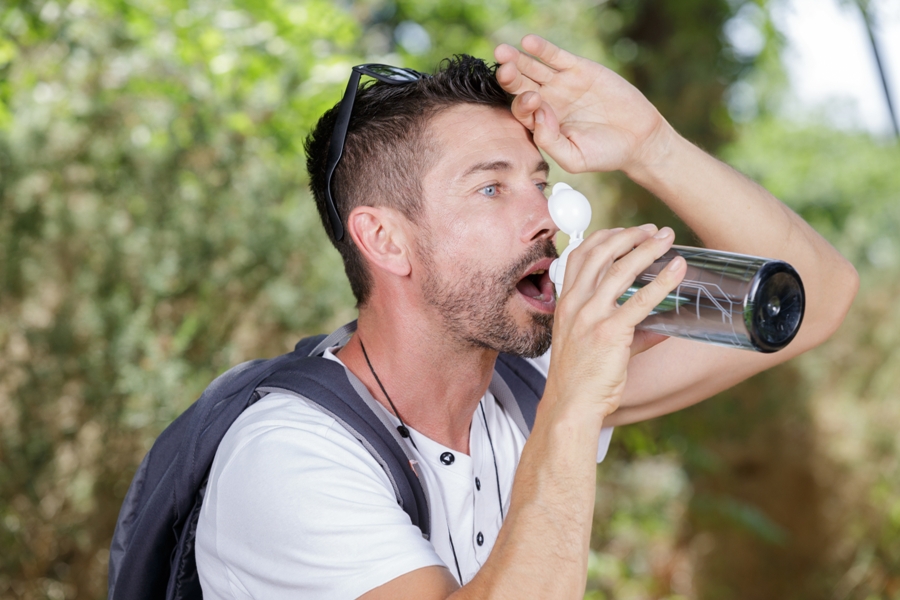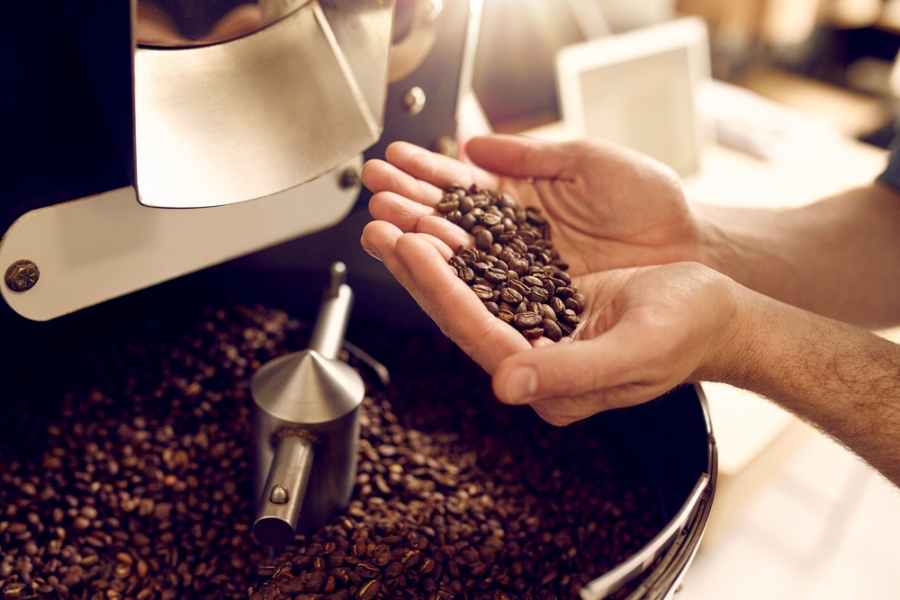The Anatomy Of A Hangover
Almost all of us like to grab a drink from time to time. Alcohol was present, and often even glorified in many cultures. It helps us to relax, lose ourselves, have fun and approach others more confidently. But it also has huge downsides, which first and foremost is hangover – the almost immediate punishment for going to much against our body. How does hangiver actually work?
The different types of alcoholic drinks can lead to different hangover symptoms. This is because different alcoholic drinks contain different levels of congeners (byproducts of fermentation) in alcohol. The greatest amount of congeners (which are toxins) is contained in dark liquors such as bourbon, brandy, tequila, whiskey and dark rum. White wine, vodka and gin have less congeners in them and therefore you experience less hangover symptoms.
Different types of alcoholic drinks have various levels of impurities. The cheaper the drink the more impurities, the more hangover symptoms you will experience.
Beer is carbonated which means that it can actually speed up the body’s absorption of some of the alcohol which increases the level in your bloodstream, when you chase a beer with liquor you are not giving your body enough time to process the toxins and you will intensify your symptoms.
When you drink more than just 2 or 3 drinks you liver cannot keep up with you and is unable to handle the amount of toxins present when you drink more than a few alcoholic drinks. Besides less body weight, women have less acetaldehyde dehydrogenase and glutathione in their bodies, which is why they should not try to keep up with the guys when out drinking. Women will not only feel the hangover symptoms more severely; they will suffer more liver damage if they have a pattern of over-drinking.
Some of your hangover symptoms are actually a result of something called “glutamine rebound”, such as fatigue, stomach irritation and a general feeling of illness. This rebounding that the body does after a night of drinking will mean that your body is unable to sleep as soundly, so you will not feel well rested. The rebound stimulates the brain to increase glutamine in order to make up for lost time because of the time when the production of glutamine was inhibited by the alcohol, so it produces too much once you stop drinking at the time when you are trying to sleep. This is why the brain is stimulated during the night after the drinking and the individual experiences restlessness and wakes up fatigued.
The increase in glutamine levels will also cause other hangover symptoms like: tremors, anxiety, restlessness and it can also increase your blood pressure.
Alcohol is absorbed directly through your stomach, so this is why your stomach becomes upset when you have consumed too much alcohol. When the lining of the stomach becomes irritated it sends a message to expel the contents of the stomach, which is why vomiting is a hangover symptom. Diarrhea and lack of appetite are two other hangover symptoms that are a result of stomach irritation from the alcohol.




















Leaver your comment